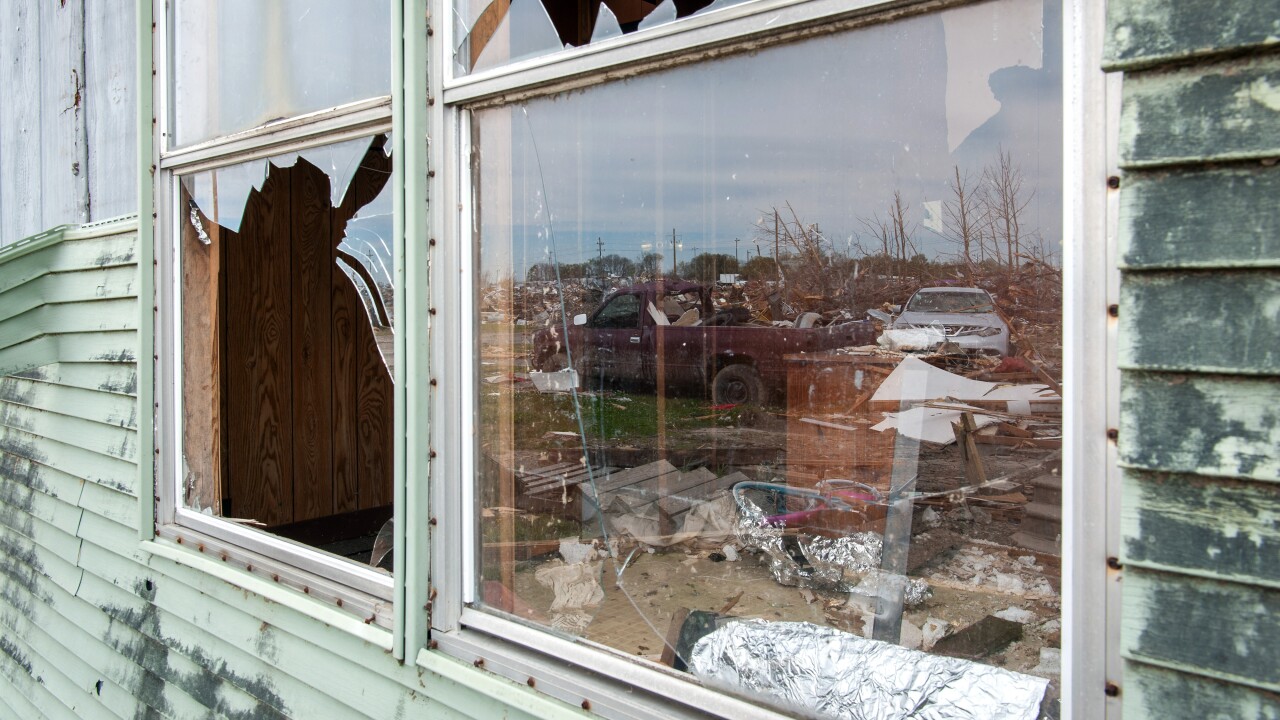A forecast from Realtor.com, one of the country's largest real estate listing portals, predicts metro Denver home sales could slow significantly next year, but that the decline in activity won't derail home price gains as existing homeowners buy up higher-value properties.
"Despite the anticipated slowdown in sales, the Denver housing market remains on solid footing," said Danielle Hale, chief economist with Realtor.com. "Repeat buyers are likely to drive up the median price of homes in Denver as the mix shifts away from entry-level purchases."
Realtor.com is calling for a 6.7% decline in home sales in metro Denver next year, coming on the heels of a 3% gain this year. Despite fewer homes being sold, Hale predicts the median price of a home sold in Denver next year will rise 6.8%.

Hale notes that households under the age of 34, the prime market for entry-level properties, is on the decline in metro Denver, while households comprised of move-up buyers aged 35 to 44 and 45 to 54 is expected to grow 5.2% and 7.2%, respectively.
More buyers in the "move-up" category, who have built up equity after years of strong gains, will remain active, while more entry-level buyers will get sidelined because of higher borrowing costs. That is what will allow home prices to rise as sales slow.
A year ago, Realtor.com called for metro Denver home sales to rise 1.8% and the median sales price to rise 6.5%. It undershot the mark, with anticipated sales gains of 3% and an expected 9.2% gain in the median price of a home sold in 2018.
There are current signs of a housing slow down, both locally and nationally, as buyers cope with higher lending costs. The S&P CoreLogic Case-Shiller
"On the supply side, slow but steady growth in inventory is providing relief to homebuyers. On the demand side, years of price growth outpacing income growth, as well as rising mortgage rates, is making the cost of buying homes increasingly expensive," notes Ralph B. McLaughlin, deputy chief economist at CoreLogic, in comments on the Case-Shiller report.
The index for metro Denver, while still running above the national average, is also coming down. It gained 7.3% annually in September, down from a 7.7% pace in August and an 8.6% pace in March and April.
Metro Denver continues to report some of the strongest home price gains of the 20 cities in the survey, with only Las Vegas, San Francisco and Seattle ahead of it. But Seattle offers a warning of how quickly a market can cool. For years it led major metros with double-digit home price gains, but annual appreciation has slowed sharply, from 11.5% in July to 8.4% in September.
"Home sales numbers indicate that home seekers are now less willing to jump into the fray of finding a home when inventory remains low and competition stiff. With rates set to rise through 2019, expect home prices to continue to moderate," said Cheryl Young, a senior economist at Trulia.




